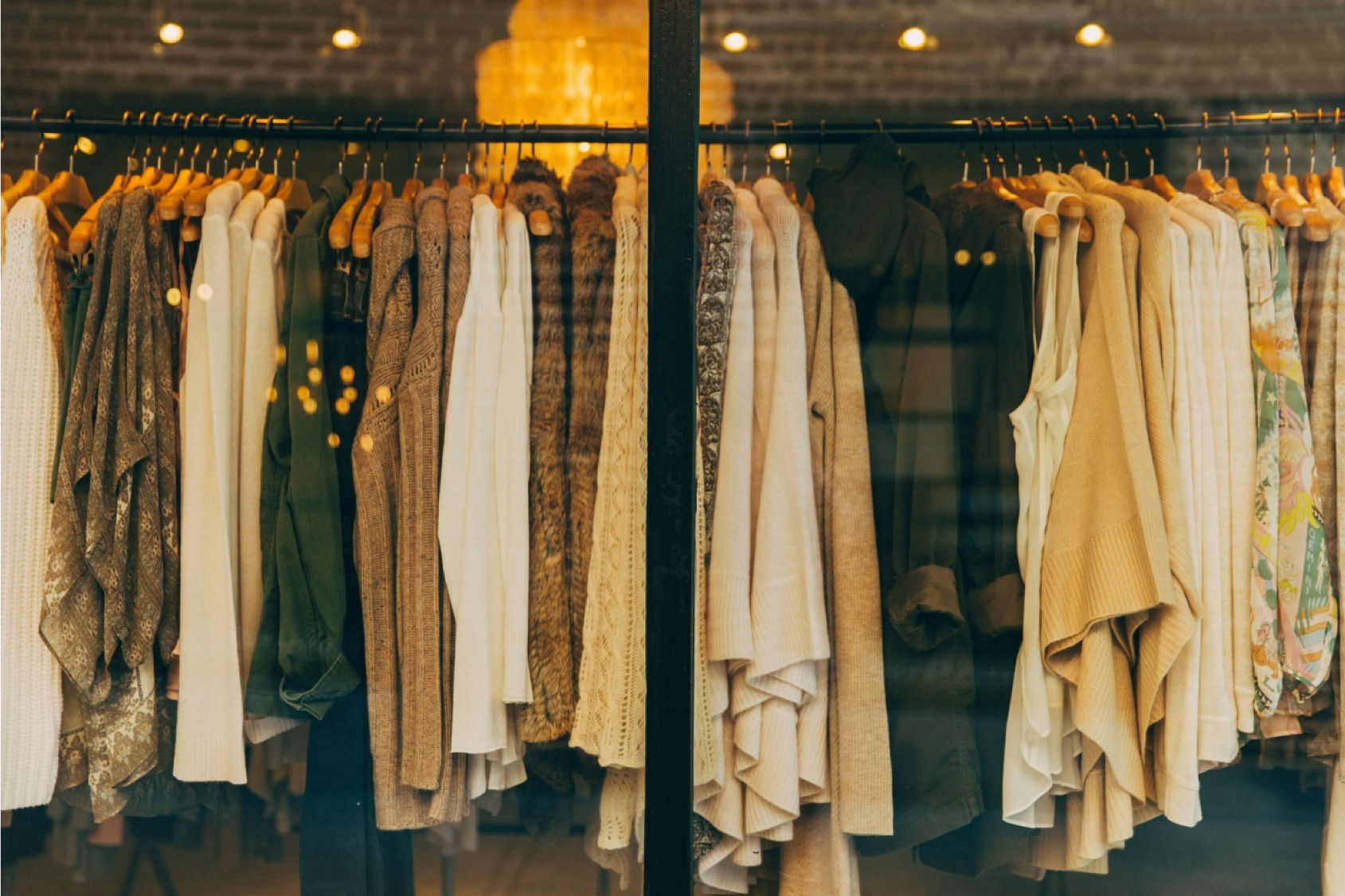Consumer behaviour towards fast fashion must change
Fashion is the second most polluting industry on the planet and is having a massive impact on the earth’s resources. The textile production and demands of fast fashion mean that there are severe impacts on natural resources, exploitation of workers and environmental damage through manufacturing, waste and disposal of clothes. Many manufacturers, brands and suppliers are now addressing issues of sustainability through eco-friendly textile production, but this isn’t enough. In order to make a true difference in the sustainability of textile production, consumers must lead the way. Consumers have the power to demand change. However, changing consumer behaviour towards fast fashion is complex, so there must be a combined approach from industry to create truly effective change.
Consumers must take more responsibility for creating sustainable fashion
The fashion industry has responded to the need to develop more sustainable fashion options and eco-friendly fashion production. Campaigns such as Fashion Revolution, Fair Wear and Clean Clothes are starting to gain traction in the industry. Suppliers and brands are developing and using more eco-friendly manufacturing techniques, creating eco dyes and fabrics, implementing Corporate Social Responsibility actions, proactively educating their customers on fashion sustainability and streamlining textile supply chains to reduce waste. Although these measures are having an impact, the consumer still remains reluctant to purchase sustainable fashion. Without their buy-in, the fashion industry won’t be able to, or have the motivation to change. Consumers need to take some responsibility too.
Consumers have complex buying behaviours
Buying fashion is a complex process for consumers. The emotional aspects of self-image, impulse purchases and constantly changing fashion combine with cost, personal circumstances, massive over consumption and lack of awareness of the fashion industry to create a difficult set of behaviours to try to change.
Encouraging the consumer to change their fashion buying behaviour
This complex nature of fashion consumption means that there is not one easy solution to motivate the customer to buy or demand sustainable fashion and textiles. A combined approach between the consumer and manufacturers needs to be developed in order to generate momentum and lasting change. Many start-up brands and traditional manufacturers are developing initiatives to encourage consumers to want to buy sustainable fashion. These include:
- Increasing awareness and education of the environmental impact and consequences of fast fashion and the benefits of sustainable fashion. Campaigns such as the Sweatshop series and campaigns by leading retailers such as M&S’ Plan A will make a huge impact on educating consumers.
- Brands need to create sustainable clothes that are also fashionable so that people want to buy and wear them. Consumers want to buy fashionable clothes and making this a priority in sustainably produced garments will be essential to changing customer behaviour.
- Industry and manufacturers need to develop strong recycling and waste reduction programmes that are easy for the consumer use, while addressing pre and post recycling streams. Making sure that garments and textiles can be effectively and easily recycled in the first place is also is vital.
- Developing new and different ways for consumers to experience fashion. Many eco-fashion focused start-up companies are leading this area, encouraging consumers to think about their fashion buying while offering guilt free solutions. These include MUD Jeans who introduced their guilt free ‘Lease A Jeans’, Tom Cridland’s 30 year jacket, and Rentez-Vous.
- Investing in campaigns for consumers to love their clothes, rather than constantly buying new ones. Campaigns such as Love Your Clothes inspire consumers to improve the sustainability of clothing across its lifecycle, encouraging customers to make small conscious changes.
- Materialism as a concept needs to be examined. This is a difficult task, but ultimately both manufacturers and consumers need to take responsibility for their own over-consumption.
Changing consumer behaviour is vital to reduce the environmental impact of fashion
Everyone agrees that fast fashion leads to environmental damage. Brands and manufacturers have started to address the sustainability of textiles through streamlined textile manufacturing and eco-initiatives, but without getting the consumer on board, textile production will never truly become sustainable. A combined, interactive and purposeful approach is essential- without the support and changed behaviour of consumers, fashion will continue to pollute and exploit the environment. Consumers have the power to demand real, effective sustainability in their fashion and textiles and change in consumer buying behaviour is the key to making real change in the fashion industry.
Textile Consult provides world class experts to support, advise and work with your teams in all aspects of textile manufacture, including sustainability, process auditing, problem solving and training.



[…] via How can consumer behaviour change the fashion industry? […]